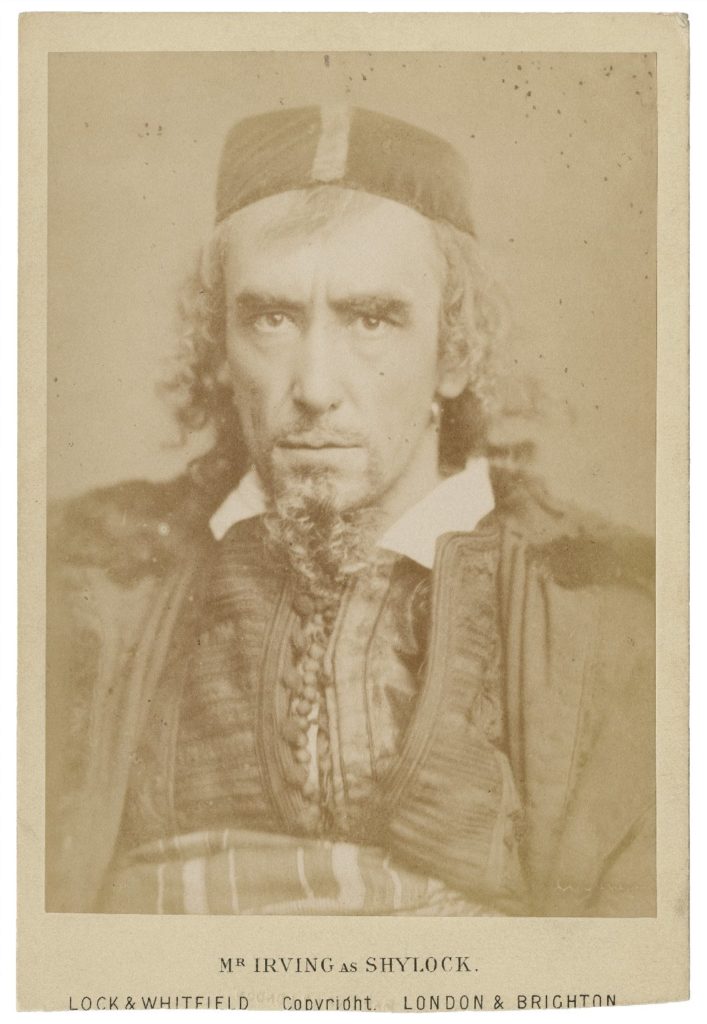
There’s a story told about the movie Marathon Man, that saw Dustin Hoffman working together with Sir Laurence Olivier. Hoffman, a method actor, was playing a man who hadn’t slept in three days … so, he didn’t sleep for three days. Upon hearing this, his co-star Sir Laurence told him, “My dear boy, why don’t you try acting?”
I was surprised to see Hoffman’s name on a Shakespeare story, because I can’t remember seeing him in any major Shakespeare film credits. Turns out we’re talking about Peter Hall’s 1989 The Merchant of Venice, as told by his Portia, Geraldine James. Highlights:
- Hoffman wanted to do Shakespeare. So, of course, he goes to Peter Hall. Because that’s what you do when you have no Shakespeare credit, you go to the FOUNDER OF THE ROYAL SHAKESPEARE COMPANY. That’s a little like saying I think I can fix the economy, somebody get me Joe Biden on the phone.
- He said, “Will you direct me in Hamlet?” Hall, to his credit, said, “Ummmm….maybe try something else first before you tackle Hamlet.” So he ends up as Shylock.
- James quotes Hoffman as saying “I’ve just realized, you can’t improvise this shit.” Thank god nobody gave him a Hamlet.

Apparently all this negative writing about Dustin Hoffman and Shakespeare started just a couple of days ago, this year, 2022. I was in London in 1989, and I saw the production of Merchant of Venice that they’re talking about. I also read a lot of the press at the time, some of it by people who didn’t see his performance at all.
Hoffman may have told Sir Peter Hall he was available, but Hall was under no pressure to cast him. Hall could have cast any one of a huge list of actors. He probably chose Hoffman because he was famous at the moment and he had established a reputation of playing Jewish characters in films. Hoffman was interviewed a lot, and, yes, he said that in modern film, actors are free to improvise, but in classic stage work, one must stick to the script. He wasn’t horrified to learn that, nor was he angry about it. He was a trained actor and had done major live professional theatre before.
My response when I saw the production was that Hoffman did his job and was effective. He spoke well and was convincing in his emotional response to the abuse the character receives. One thinks of Shylock as perhaps tall and slender, and he was not that. And, although he was of an appropriate age for Shylock, he did have a boyish quality. It is probably true that in many productions, the actor playing the role is old enough to be Portia’s grandfather rather than her father.
It is curious that some of this negative criticism is coming from Geraldine James, the actress who played Portia. If memory serves, she was not the strongest Portia I’ve ever seen. But the production was interesting, and my British theatre friends all agreed that Hoffman was better than they thought he would be… actually they found him very good… and that this was a Merchant worth seeing. The professional reviews were mixed, but a number of important critics very much liked Hoffman’s performance. I have no idea why people are bothering this summer to criticize a stage production that happened over 30 years ago.
Portia’s grandfather? I presume you mean Jessica’s.